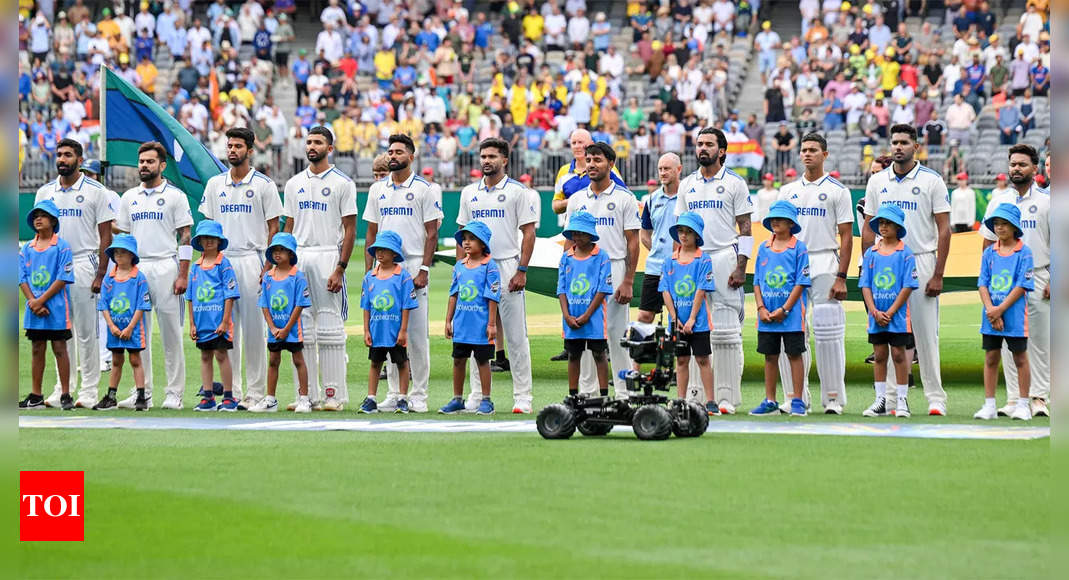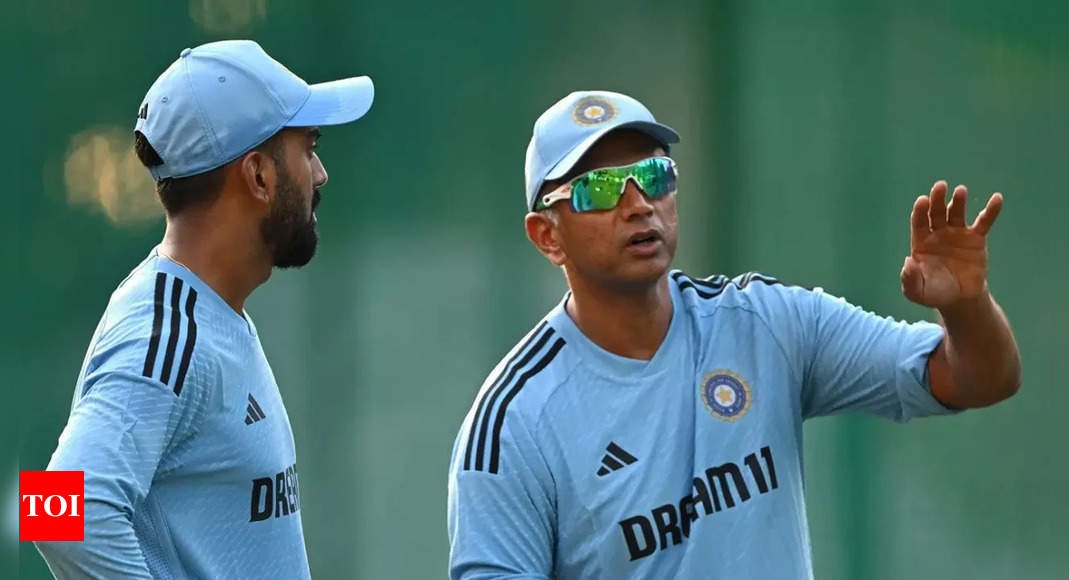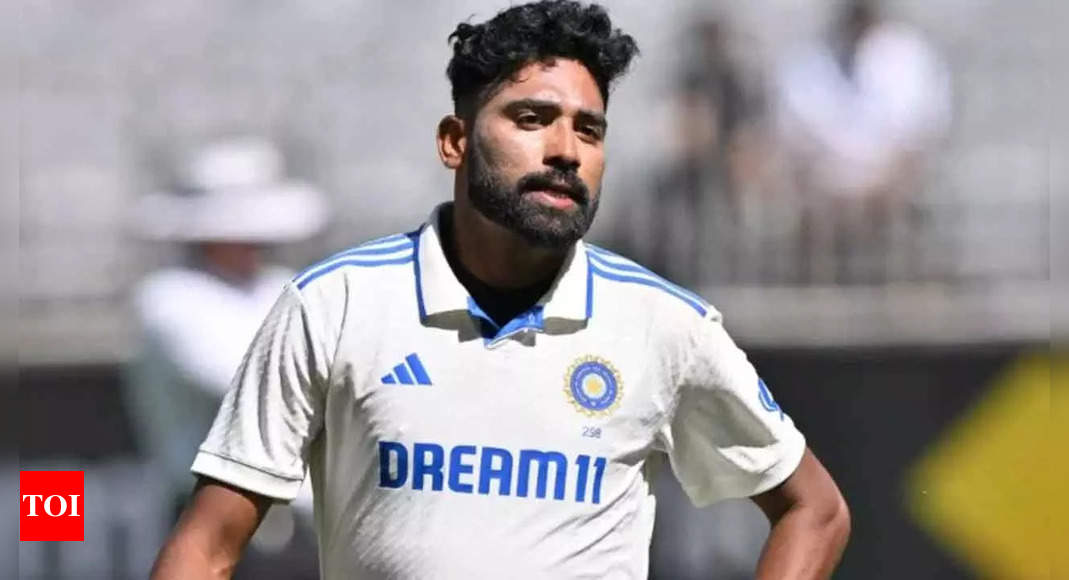
ADELAIDE: A frail but familiar figure sauntered into the Adelaide Oval on Saturday. Former Australia captain Greg Chappell, a bit older, a bit weather-beaten at 76 but still retaining that presence and keen cricketing sense, has been watching the goings-on in the second Test with interest.
Chappell, having recovered from a recent bout of ill health, was delighted to run into Sunil Gavaskar and Ricky Ponting, but also took some time out to talk cricket.
As the long conversation veered to this five-game series being played in the backdrop of both India and Australia facing questions of transition, the familiar twinkle in his eyes reappeared. As India coach, Chappell ostensibly faced the ire of senior players, fans and the establishment whenever he attempted to steer the team in a new direction. After his stint, the public perception remained — rightly or wrongly — that his brusque, ‘Australian’ management style wasn’t the best fit for India.
Chappell disagreed with the notion that he wanted to shelve some stellar careers earlier than they would have preferred, but agreed that it becomes difficult for teams to make the tough calls.
“You obviously want any great player to play as long as they can. They obviously love playing the game. They want to play it as long as they can. And they have every right to go on as long as they can. That’s why you need robust selection policies and selection panels to make those tough decisions,” he said.
“The players might themselves want to make that decision, but it’s a well-paid job. Who’s going to want to walk away from that? That’s why someone else has to make that decision. It is tough to talk to those players about that. You’ve got to pick the right people to be selectors, those that are prepared to have those tough conversations.” Chappell said every big player goes through that stage when he realizes his powers are dipping.
“You yourself know whether you’re at your peak or not. With good players you prefer to give them a game too many. It’s tough to get that balance right. When you have superstars, you want them to go on as long as they can. Occasionally, you might let them go on a bit too long. But no cricket team is ever a finished article. You’re always looking at ways to improve it,” he said.
Fierce rivals India and Australia are preparing to face a similar predicament in the near future. How does one phase out fading superstars who still retain their popularity? The end of this long series may provide a few answers, but Chappell is someone who has seen it all before.
“I don’t think it’s the hand-eye coordination, the mind goes. You get to that stage where you can’t give the game the singleminded focus,” he said. “A conversation with a mentor may remind you what you need to think about. It’s about whether you want to admit the time is up.”








